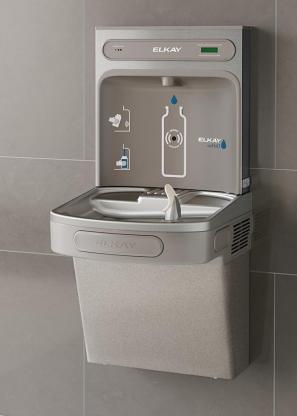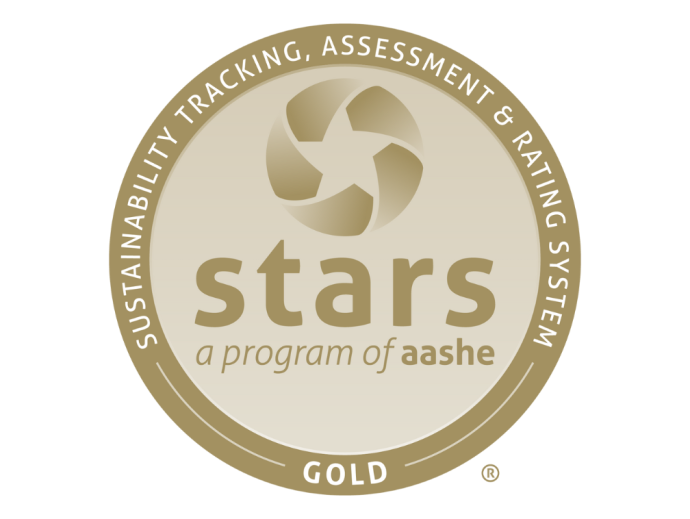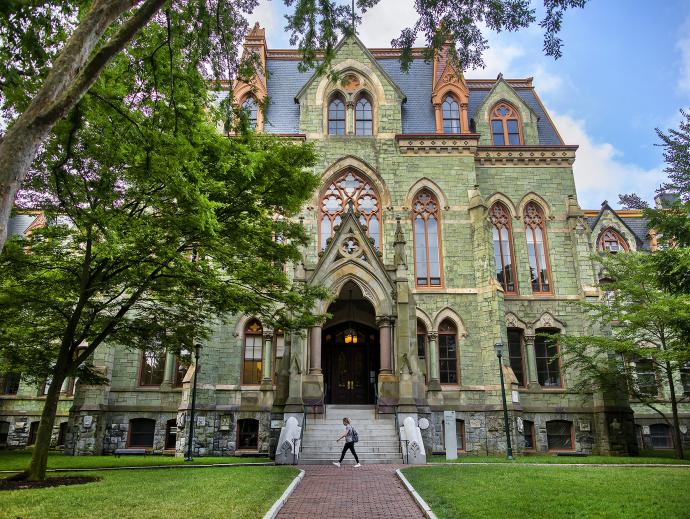Wellness
Penn focuses on promoting inclusive, innovative, and impactful initiatives for campus wellness. Not only are these initiatives for sustainability overall but they also raise the well-being of our communities. Weaved into our university’s fabric, sustainability is as a formal component of the Wellness at Penn Initiative.
Wellness
Penn focuses on promoting inclusive, innovative, and impactful initiatives for campus wellness. Not only are these initiatives for sustainability overall but they also raise the well-being of our communities. Weaved into our university’s fabric, sustainability is as a formal component of the Wellness at Penn Initiative.
Penn Wellness’ vision is to create a campus experience that integrates the science, theory, and practice of wellness. We are accomplishing this by infusing eight domains of Wellness throughout the Penn experience. The domains of Wellness include physical, emotional, social, intellectual, environmental, financial, occupational, and spiritual.
By focusing on wellness holistically, Penn is dedicated to supporting students, staff, and faculty while creating a campus-wide community of care. All wellness initiatives are grounded in collaboration and fueled by CARE: compassion, accessibility, respect, and empowerment. Our team and partners offer a range of opportunities to access support, clinical resources, education, and practical tools to engage with one's health and well-being meaningfully.
Our Progress
Programs

30x30 Challenge
Nature is great for health and well-being. The 30x30 Challenge takes this fact to heart and encourages the Penn community to get outside, learn about local ecology, and appreciate the beauty of nature. Participants immerse themselves in nature for 30 minutes for each of the 30 days in April.
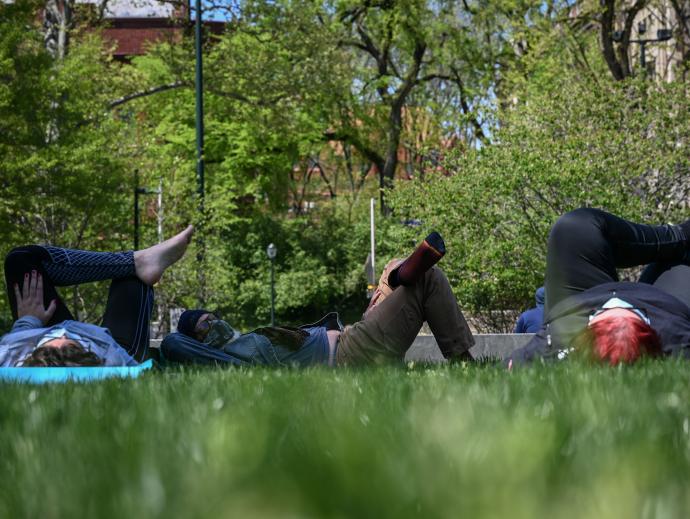
Nature Rx Program
With the Nature Rx Program, participants are written prescriptions to spend time in natural areas. Research shows time spent in nature often positively impacts our health and well-being. Penn students, faculty, and staff can take advantage of the many green spaces on or near campus to reduce stress and anxiety, increase energy, and have protective, restorative time.
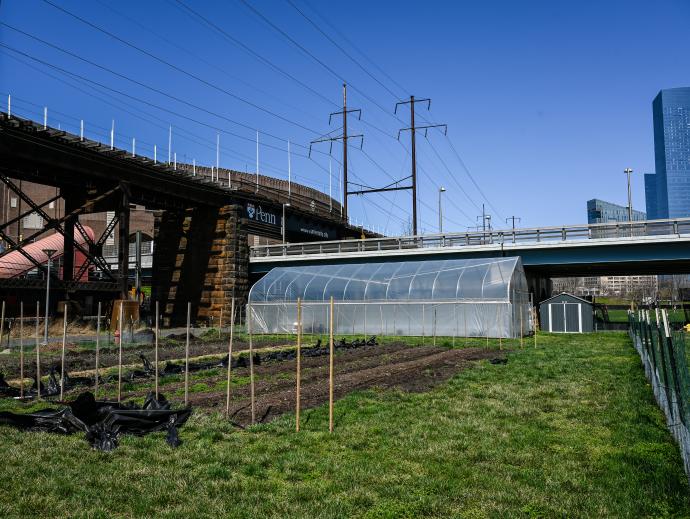
Penn Farm
Our on-campus farm, the Penn Farm, is a unique, multidisciplinary initiative that engages stakeholders from across the Penn community. It centers around four pillars: wellness, food access, sustainability, and education. Originating through the Penn Food and Wellness Collaborative (PFWC), the farm is a programming hub offering opportunities and access to the Penn community.
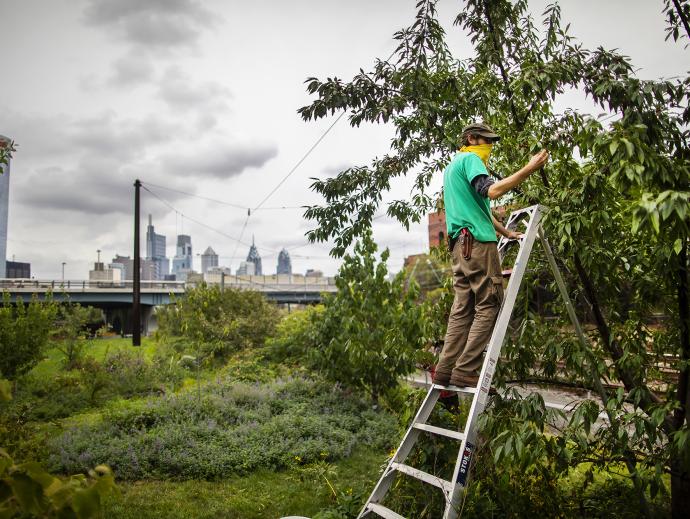
Penn Park Orchard
The Penn Park Orchard, supported by the Philadelphia Orchard Project, educates while creating access to local food for Penn and the wider Philadelphia community. Anyone and everyone are invited to events like orchard maintenance, edible plant workshops, and pick-your-own harvests. People benefit from exposure to nature while broadening their agricultural knowledge.
Penn Farm and Orchard
The farm hosts a wide variety of programming including class visits, internships, workshops, volunteer opportunities, and events, with an emphasis on promoting wellness on campus.

Partners
Meet the partners and programs that are nurturing the Wellness at Penn Initiative.
“Wellness is very central to us. Food access and food justice is part of that, as is sustainability. The farm offers a great way to integrate innovation and academics and learning.”
